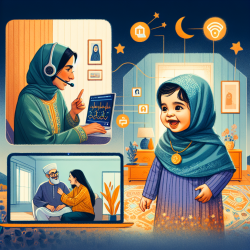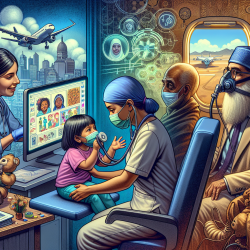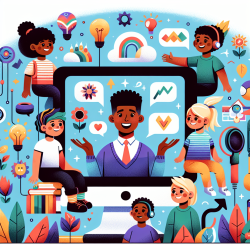Introduction
In Ghana, significant strides are being made to address stigma and discrimination against individuals with mental health conditions. A recent study titled Attitudes towards persons with mental health conditions and psychosocial disabilities as rights holders in Ghana: a World Health Organization study provides critical insights into the prevailing attitudes and the urgent need for reform. This blog explores the findings and offers practical steps for practitioners to improve their skills and contribute to better outcomes for children and adults alike.
Key Findings from the Study
The study reveals that attitudes towards individuals with mental health conditions in Ghana are not well aligned with a human rights approach. Key findings include:
- A significant portion of participants supported coercive practices, such as involuntary admission and restraint.
- Health professionals were generally less supportive of coercive measures compared to other groups.
- There is a prevalent belief that health practitioners and family members are better suited to make treatment decisions than the individuals themselves.
Implications for Practitioners
For practitioners working in speech-language pathology and other related fields, these findings highlight the importance of adopting a rights-based approach to care. Here are some actionable steps:
- Advocate for Rights-Based Care: Encourage policies and practices that empower individuals to make their own treatment decisions.
- Engage in Continuous Education: Participate in training programs like the WHO QualityRights initiative to enhance understanding and implementation of human rights in mental health care.
- Promote Community Inclusion: Work towards integrating individuals with mental health conditions into the community, thereby reducing stigma and discrimination.
The Role of Online Therapy
Online therapy services, such as those provided by TinyEYE, can play a crucial role in transforming mental health care in Ghana. By offering accessible, flexible, and rights-based care, online therapy can help bridge the gap in mental health services, particularly for children who are often marginalized in traditional settings.
Encouraging Further Research
While this study provides valuable insights, there is a need for further research to explore the underlying causes of these attitudes and the effectiveness of interventions. Practitioners are encouraged to engage in or support research efforts that aim to improve mental health outcomes and promote human rights.
Conclusion
The study underscores the need for a paradigm shift in how mental health is perceived and managed in Ghana. By adopting a rights-based approach and leveraging online therapy, practitioners can contribute to creating a more inclusive and supportive environment for individuals with mental health conditions. To read the original research paper, please follow this link: Attitudes towards persons with mental health conditions and psychosocial disabilities as rights holders in Ghana: a World Health Organization study.










